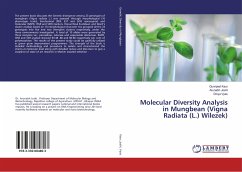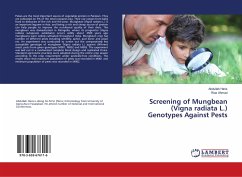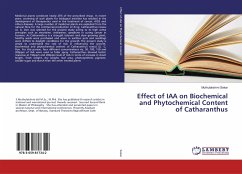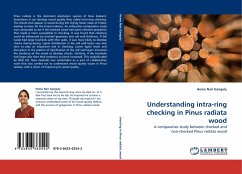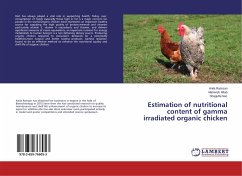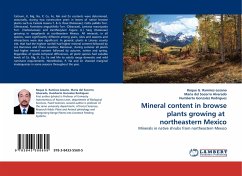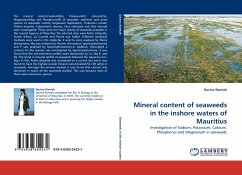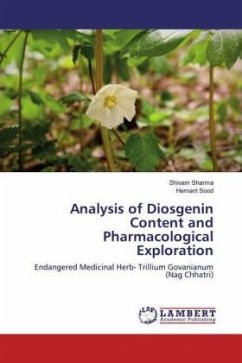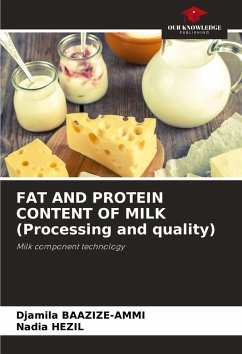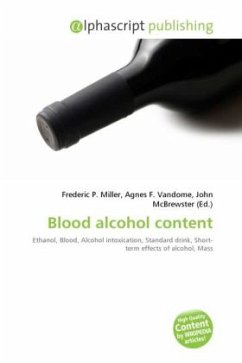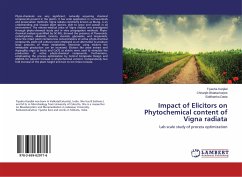
Impact of Elicitors on Phytochemical content of Vigna radiata
Lab scale study of process optimization
Versandkostenfrei!
Versandfertig in 6-10 Tagen
27,99 €
inkl. MwSt.

PAYBACK Punkte
14 °P sammeln!
Phyto-chemicals are very significant, naturally acquiring chemical compounds present in the plants. It has wide application in nutraceuticals and preservation methods. Vigna radiata commonly known as Mung, is an undemanding and invasive plant species, able to grow and sustain in all environment. The ethano-medical value of Vigna radiata was investigated through phyto-chemical study and in vitro propagation methods. Phyto-chemical analysis quantified by GC-MS, showed the presence of flavonoids, carbohydrates, alkaloids, tannins, steroids, glycosides, and terpenoids. Since the intact plant conta...
Phyto-chemicals are very significant, naturally acquiring chemical compounds present in the plants. It has wide application in nutraceuticals and preservation methods. Vigna radiata commonly known as Mung, is an undemanding and invasive plant species, able to grow and sustain in all environment. The ethano-medical value of Vigna radiata was investigated through phyto-chemical study and in vitro propagation methods. Phyto-chemical analysis quantified by GC-MS, showed the presence of flavonoids, carbohydrates, alkaloids, tannins, steroids, glycosides, and terpenoids. Since the intact plant contains low concentrations of active phyto-chemical compounds, plant cell cultures were employed as an alternative to produce large amounts of these metabolites. Moreover using elicitors the metabolite production can be increased. Elicitors like yeast extract and Aspergillus niger as biotic and CaCl2 as abiotic were used to stimulate the production of active phyto-chemical compounds. Furthermore, emphasizing the process optimization by Central Composite Design and ANOVA for percent increase in phytochemical content. Comparatively two fold increase of the plant height and two to ten times increase.



